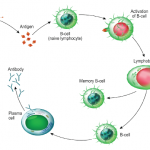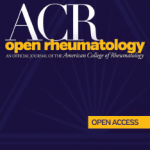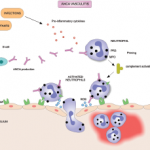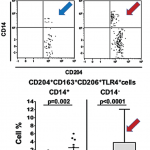Patients with systemic lupus erythematosus (SLE) need better appraisal and more informational and social support, according to a new study on health-related quality of life in these patients.1 The phenomenological study, comprising qualitative interviews with patients in the Lupus Clinic at the Washington University School of Medicine, St. Louis, Mo., also found a need for…







